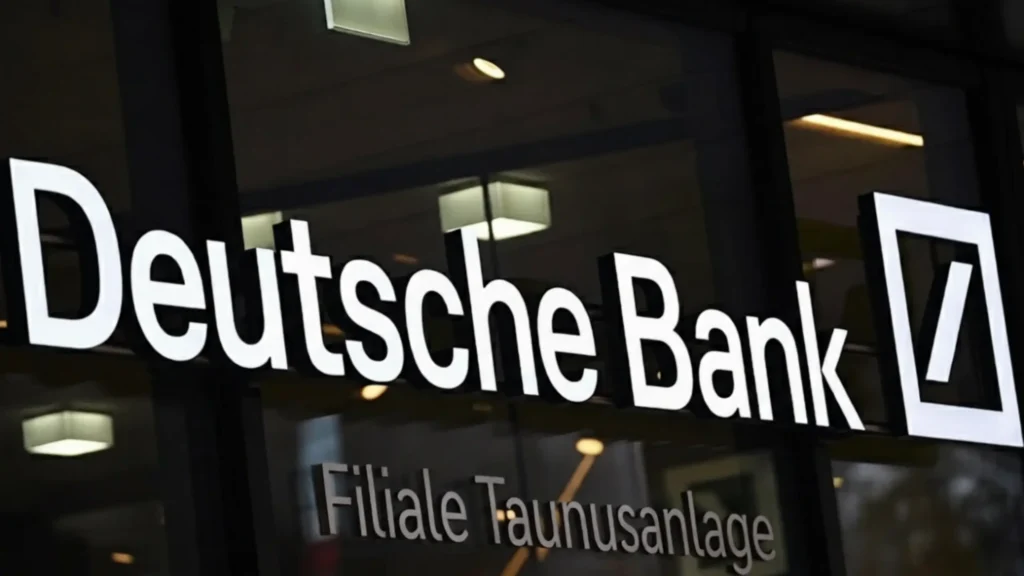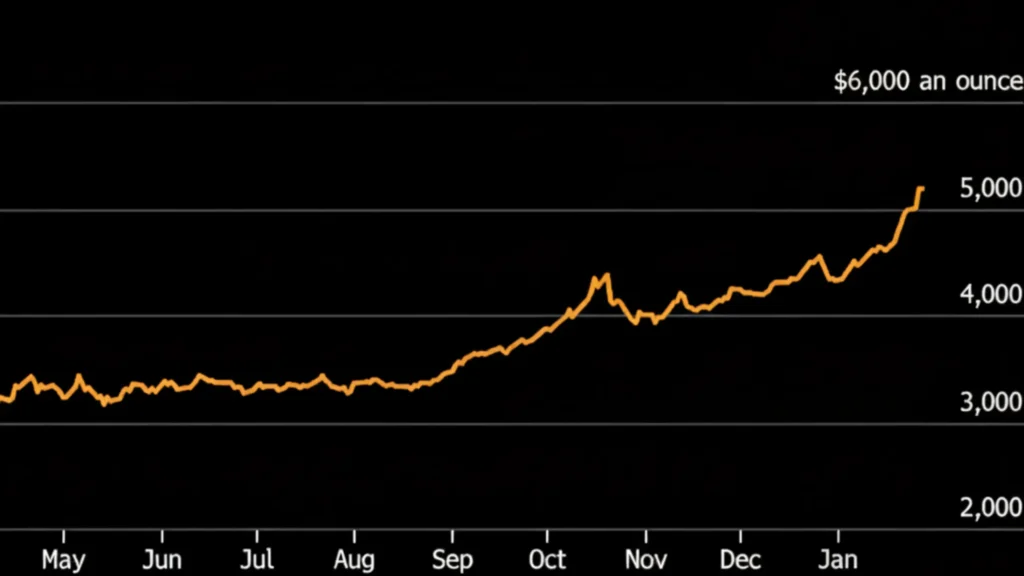Investors are gripping their coffee mugs tighter as Middle East tensions send oil prices moonwalking upward and stock markets into a nervous jitterbug. The ongoing Israel-Iran missile tango has everyone wondering if the U.S. will join the dance floor, potentially turning this regional rumpus into a global economic hoedown.
According to Reuters, crude oil prices have already boogied up 10% this week, while the S&P 500 is holding its ground, refusing to trip over the geopolitical beat just yet.
The Israel-Iran spat, featuring a dazzling exchange of missiles, has energy markets doing the twist. Fears of supply disruptions have pushed U.S. crude prices into a lively samba, climbing sharply as traders eye Iran’s oil facilities with the intensity of a hawk at a buffet.
If the U.S. decides to waltz in alongside Israel, analysts warn oil prices could breakdance to $130 a barrel, sending inflation into a full-on disco fever.
Citigroup analysts, acting as the market’s DJ, dropped a hot track: “Geopolitical tensions? Stocks don’t care—yet.” They noted that equities are chilling in the VIP lounge, ignoring the chaos until energy prices start cranking up the volume.
Historically, Middle East flare-ups cause stocks to stumble for a hot minute—say, a 0.3% dip in the S&P 500 over three weeks—but they usually recover, strutting 2.3% higher two months later, per Wedbush Securities and CapIQ Pro.
Now, let’s talk about the Strait of Hormuz, the oil market’s VIP choke point. If Iran decides to gatecrash this shipping lane, Qatari LNG tankers could be stuck outside, twiddling their thumbs. Qatar’s energy minister, Saad Al Kaabi, is already speed-dialing energy majors, urging them to warn Western governments about the gas supply limbo that could ensue.
Asian LNG prices are already feeling the heat, spiking 11% to $14 per million British thermal units. A full shutdown of Qatari production could slash 20% of global gas supply, leaving Europe and Asia scrambling for scraps. X posts are buzzing with chatter about Qatar’s crisis talks, with @AdiSurreyEnergy spilling the tea on the potential fallout.
Back in the U.S., the White House is keeping its cards close, with President Trump set to decide on involvement within two weeks. Investors are betting on a safe-haven dollar rally if things escalate, but the greenback’s been sulking this year, moping about “diminished U.S. exceptionalism.”
A sharp oil price spike could also kneecap consumer confidence, making rate cuts as likely as a quiet day on Wall Street.
Oxford Economics, the nerdy number-crunchers, ran three scenarios for this geopolitical soap opera. Best case: everyone chills, and oil prices take a nap. Worst case: the Strait of Hormuz closes, oil hits $130, and U.S. inflation tap-dances to 6% by year-end.
Meanwhile, oil tankers are dodging drama near the Strait of Hormuz, where two ships recently collided and caught fire. No spills or injuries, but electronic interference is messing with navigation systems, turning the Gulf into a nautical game of bumper cars. Mizuho’s Robert Yawger says if Israel hits Iran’s Kharg Island, oil could moonwalk to $90 a barrel faster than you can say “supply shock.”
U.S. stocks, for now, are playing it cool, sipping their lattes while oil traders sweat. Art Hogan from B Riley Wealth says markets won’t flinch unless Iran’s oil supply takes a direct hit. Then, expect Wall Street to throw a tantrum before remembering its yoga breathing exercises.
Across the pond, the UK’s FTSE 100 tripped over Middle East worries, ending a five-week winning streak. Energy shares, which mooned earlier, are now nursing a hangover as oil prices dipped slightly after U.S. sanctions signaled a diplomatic two-step. Still, global markets are on “weekend war-watch,” with traders glued to their screens, popcorn in hand.
X is ablaze with hot takes, with @Reuters warning of oil supply disruptions and @maaalnews_en hyping the Israel-Iran drama. The sentiment? Everyone’s holding their breath, hoping this conflict doesn’t crash the global economic party.
For now, investors are stuck in a holding pattern, watching the Middle East with the focus of a cat eyeing a laser pointer. Will the U.S. join the fray? Will oil prices keep doing the cha-cha? Stay tuned, because this geopolitical dance-off is far from over.












Leave a Reply